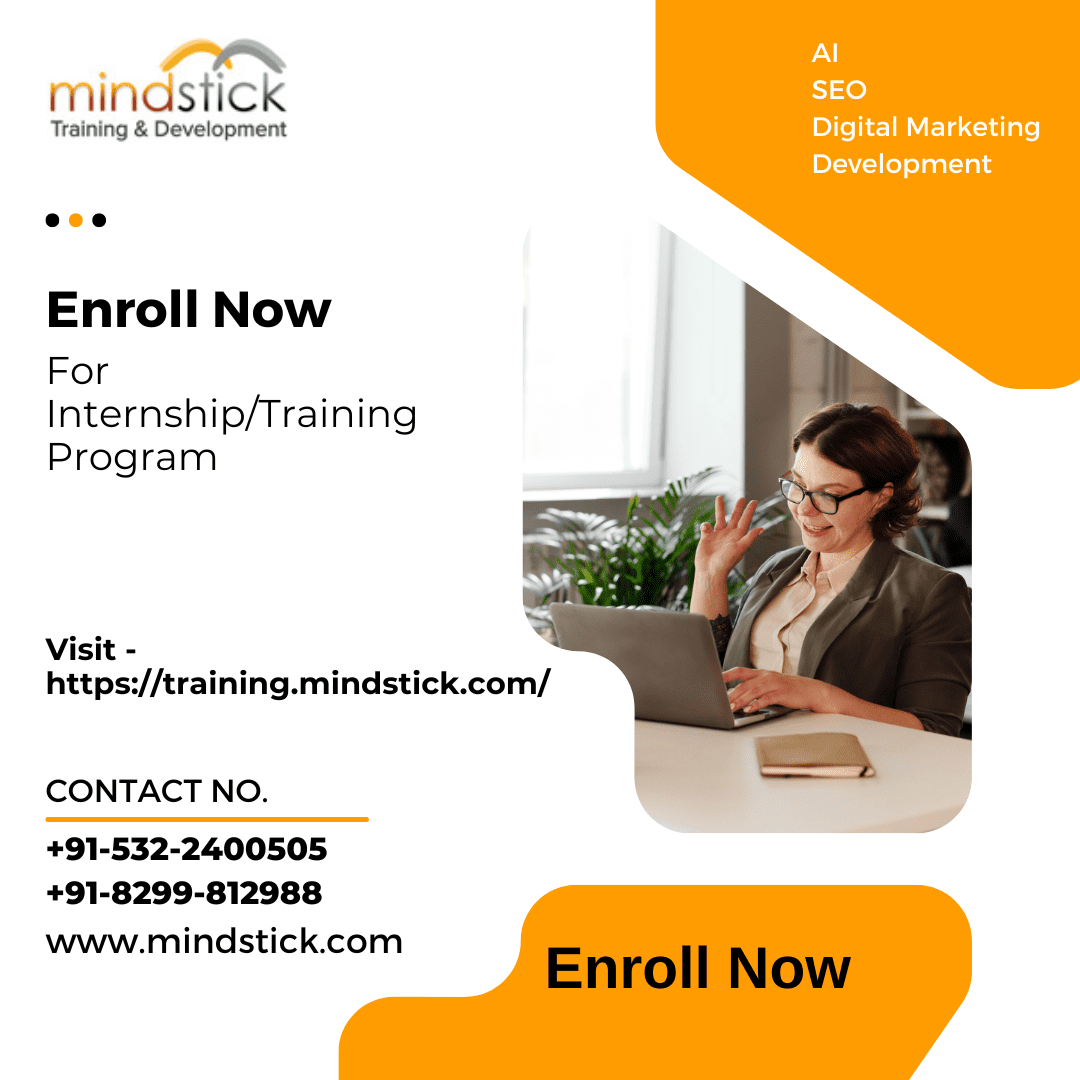Although it might be difficult at times, working as a developer is an interesting and fulfilling profession. Technical difficulties, glitches, and deadlines may wear you out and make you feel upset. But there's positive news! You may greatly enhance your development experience and increase the enjoyment and productivity of coding by putting a few easy ideas into practice.
This blog will further walk you through the 8 tips for a better developer experience.

1. Take Control of the Mess by Implementing Rules
Both a physical and digitally crowded workstation may make it difficult to concentrate and slow you down. This is how to combat the mayhem:
Organize Your Code: Give variables, functions, and files consistent names. Your code will be easier to comprehend for future collaborators as well as for you if it has a proper code structure and clear comments.
Application of Version Control Systems (VCS) Git and other version control systems let you monitor changes, roll back to earlier iterations, and work together easily. Become an expert in version control by embracing VCS.
Clear Out Your Workspace: Keep your physical workstation neat; a tidy desk corresponds to a clearer mind. Investing on a cozy chair and appropriate lighting whilst coding will help you stay physically well.
2. Get Along with the Tools: Make Use of Automation
There are several tools available in the developer environment that might help you optimize your process. Accept them!
Use Code Editors: Advance from simple text editors. Coding may be done more quickly and effectively with the help of features like code completion, syntax highlighting, and debugging tools found in modern code editors like Visual Studio Code. Investigate extensions and plugins to personalize your coding experience.
Automate Work That You Do Again: Avoid wasting time on monotonous procedures like deploying code or running tests. Make use of continuous integration/continuous delivery (CI/CD) pipelines and build automation technologies to automate these tasks, freeing up your time for more original problem-solving.
Accept Static Code Analyzers and Linters: These programs check your code for any mistakes, typos, and inconsistent coding styles. Early detection of these problems saves you time.
3. The Learning Power: Ongoing Skill Improvement
Since technology is always changing, it's important to keep current. Here's how to maintain your proficiency as a developer:
Accept Online Tutorials and Courses: There are a plethora of online learning tools accessible, ranging from cost-free tutorials to comprehensive courses. Make time to study up on new frameworks, technologies, and best practices for coding.
Participate in Online Communities: Make connections with other developers by participating in online communities, meetings, or forums. A great approach to learn from others and keep up with industry developments is to share your expertise, ask questions, and take part in conversations.
Attend Conferences and Workshops: By spending money on conferences and workshops, you may meet other developers, gain insight from professionals in the field, and get hands-on experience with emerging technologies.
4. Give Your Body and Mind First Priority
A productive developer is one who is in good health. Taking care of oneself is crucial to sustaining concentration and preventing burnout:
Set boundaries between work and leisure time to maintain a healthy work-life balance. Plan your breaks, get adequate rest, and avoid working after a certain time. A re energized brain is a code generator!
Move Your Body: Maintaining good physical and mental health requires regular exercise. Stretch sometimes, go for quick walks during the day, or think about fitting in a regular workout regimen. Better coding results from a healthy body, mind, and body.
Develop Your Mindfulness: In the realm of coding, tension and annoyance are frequent companions.
5. The Collaboration Art: Communication Is Essential
It is unusual for software development to be a lone undertaking. Collaborations that are successful require effective communication skills:
Record Your Code: Code documentation that is clear and simple makes it easier for people to comprehend your code and promotes teamwork. Everyone's life is made simpler when assumptions, choices, and functionalities are documented.
Effective Communication: When working in a team, it is crucial to have clear communication, both in writing and verbally. Briefly state your points, pay attention to what others have to say, and remain receptive to criticism.
Accept Pair Programming: Take into consideration pair programming, in which two developers collaborate on a single project. This promotes information exchange, enhances the quality of the code, and aids in the early detection of possible problems.
6. Accept the Challenge of Debugging: View Errors as Opportunities
Consider debugging as an educational opportunity rather than a duty. You learn something new about your code and the programming language you're using with every fault you repair.
Make Use of Debugging Tools Debugging tools like variable inspection, step-by-step execution, and breakpoints are available in modern development environments. These tools assist you in quickly identifying the error's root cause.
Never Be Afraid to Request Assistance: Being trapped is rather common. Never be afraid to seek assistance from coworkers, internet discussion boards, or Stack Overflow.
7. Celebrate the Little Victories
The process of developing software can be drawn out and complicated. Don't wait to commemorate significant anniversaries. Congratulate yourself when you do little tasks, resolve issues, or make progress toward your incremental goals. These little triumphs keep you inspired and involved in the process.
8. Return the Favor to the Community
The developer community as a whole benefits from your knowledge and experience sharing. Here's what you can do to help:
Participate in Open Source Projects: Take into account making contributions to open-source initiatives that you think are worthwhile. This is an excellent opportunity to improve your talents, gain knowledge from others, and give back to the community.




Leave Comment